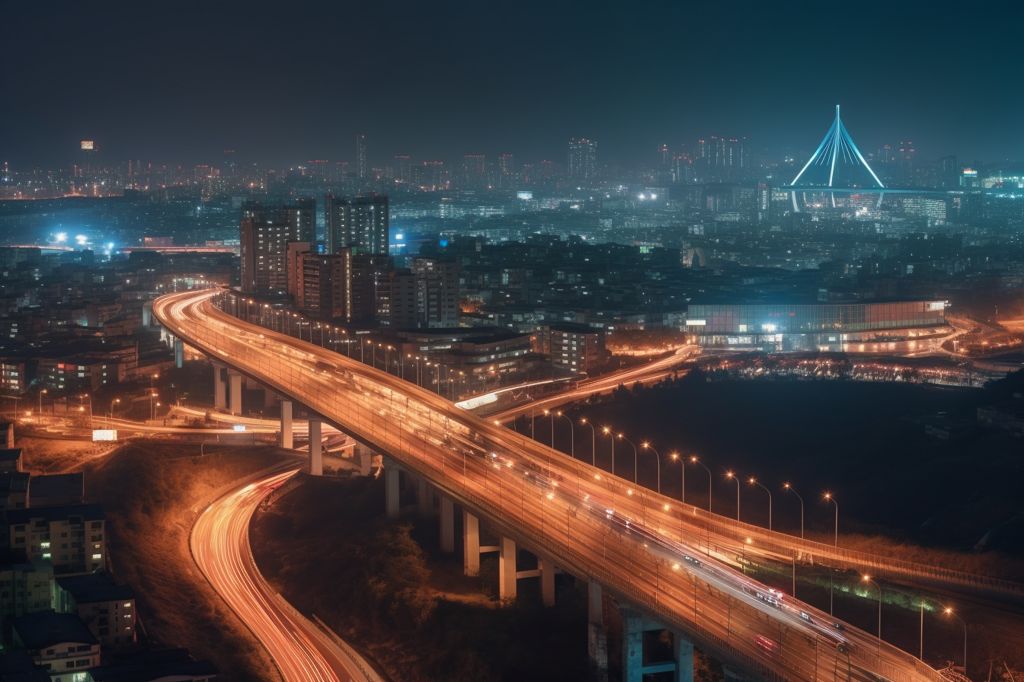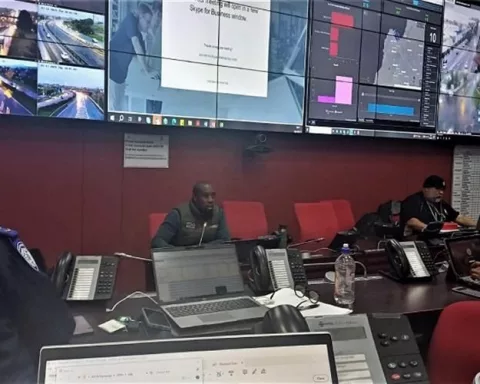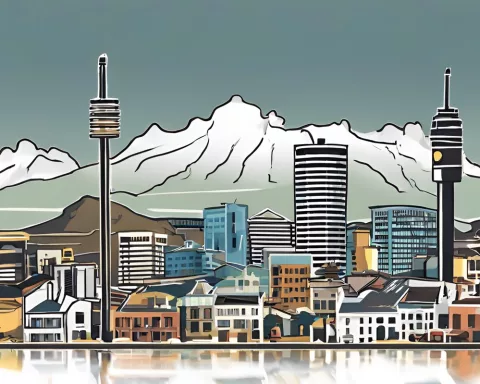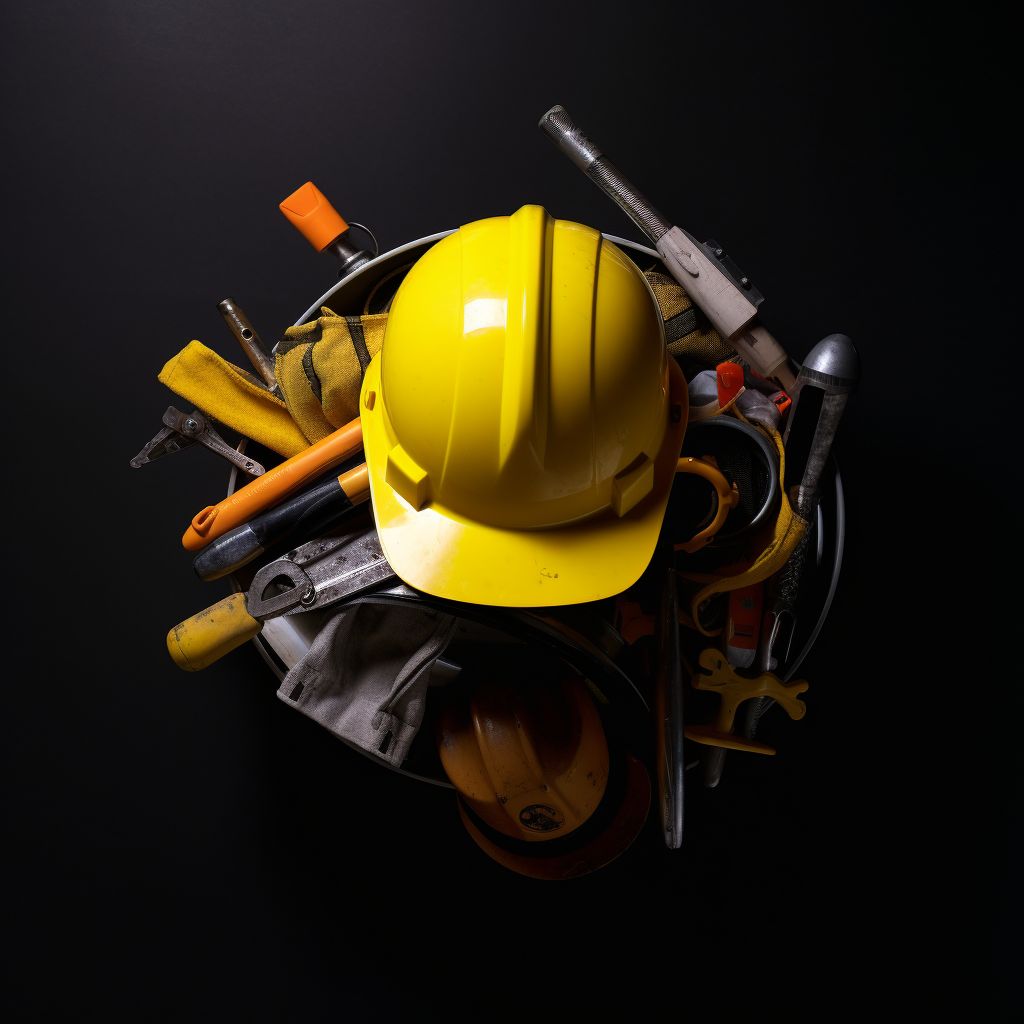As South Africa commemorates Africa Month, it is an opportunity to reflect on the country’s strides in building a united, non-racial, non-sexist, and prosperous society. Among the key areas where progress has been made is infrastructure development, spearheaded by the Department of Public Works and Infrastructure (DPWI) under the stewardship of Minister Sihle Zikalala.
DPWI’s Commitment to Coordinating Infrastructure Development
The DPWI is dedicated to coordinating infrastructure development efforts and implementing strategic integrated projects (SIPs) that benefit local communities and support economic empowerment. It is also focused on building climate-resilient smart infrastructure and generating employment opportunities, particularly for youth, women, military veterans, and people living with disabilities.
Enhancing Project Delivery
To improve project delivery, the DPWI is paying closer attention to contract management and risk mitigation. This includes establishing Project Management Units (PMUs) and reintroducing the turnkey delivery method. The department is also addressing capacity constraints to ensure that projects are completed on time and within budget.
Infrastructure Investment Plan
A significant infrastructure development project underway is the implementation of the Infrastructure Investment Plan. This plan includes a pipeline of Green Hydrogen Projects worth over R300 billion, which benefit from SIPs status. This status helps to expedite government authorizations, permits, and approvals.
Skills Development
The government is investing in skills development for the built environment sector to address skills shortages and support the training of black women in particular. The DPWI is awarding bursaries and recruiting candidates for the Young Professional Programme to ensure a pipeline of skilled professionals to support infrastructure development.
Call for Unity
In conclusion, Minister Zikalala called for unity in combating economic sabotage, hijacking of construction sites, and corruption. He reiterated the importance of infrastructure development in transforming South Africa and the broader African continent for the better. The DPWI remains committed to honouring the legacy of Joe Slovo and building a better South Africa through infrastructure development.












